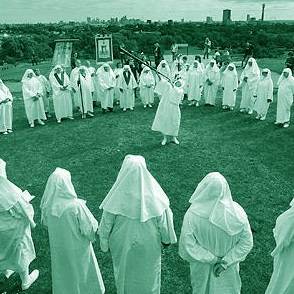academy (late 15th century, from French académie or Latin academia)
It seemed for a moment as if the world of education had thrown up a new word a few weeks ago: “academisation”, the process of turning publicly funded schools into “academies”. Strictly speaking, it’s not a new word. As long ago as the mid-19th century, the Daily Telegraph was describing English literature as refusing to be “academised” – meaning it was not being studied in universities.
The new use is a description of the government’s proposal for all schools in England to become academies, schools under a system of governance that in theory involves independence from local authorities, though in practice relies on local authorities to pick up the pieces of excluded and rejected pupils whom academies don’t or won’t educate.
This kind of school (with that kind of name) started to appear around 2000 as an attempt by the Labour government to “turn round failing schools”. Then, you could have taken it either as an attempt to make ordinary schools sound grand, or as a move that made them sound like prim girls’ schools along the lines of “The Little Female Academy” in Sarah Fielding’s The Governess of 1749.
The root word “academy” goes back via French to the Latin academia and before that to the Greek for the school of philosophy where Plato and his successors taught. By the 14th century, it was appearing as an English word used specifically for that ancient Greek academy but by the 16th, people were starting to use it to mean any new academy. The word was given a major uplift when it was adopted to create the Royal Academy. At the same time, it was also a Falstaffian word for a brothel.
Whether this government’s academisation will be a success is in the balance as I write, especially as it doesn’t seem to have the support of anyone outside of the cabinet. With the Labour Party talking about reviving local government control over all schools should they win power, further juggling with the word would be necessary: “deacademisation”. You can count me an antiacademisationist.

